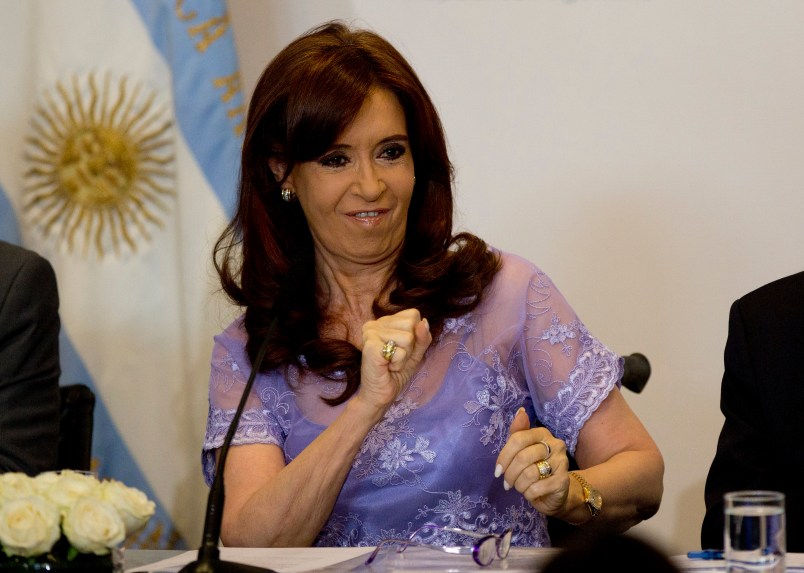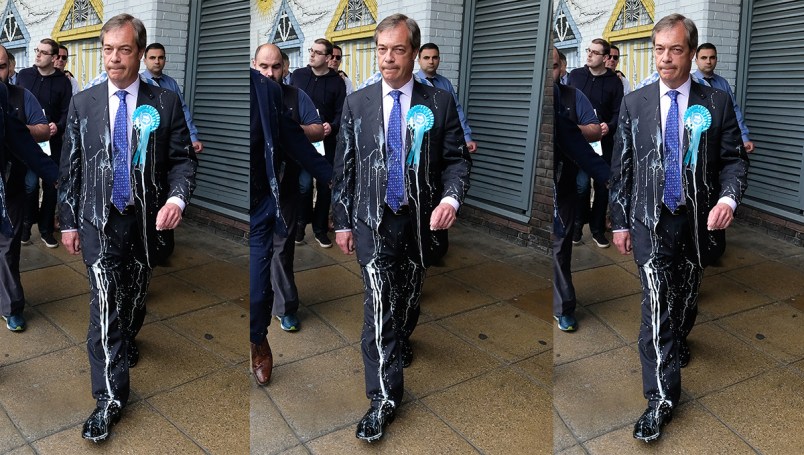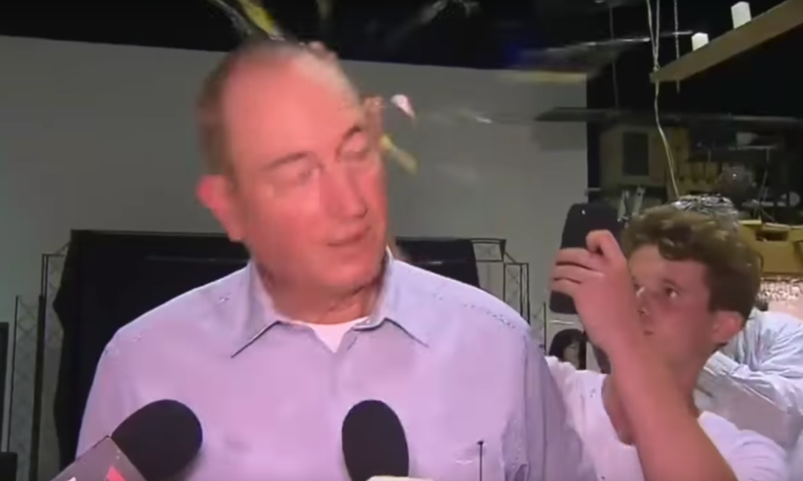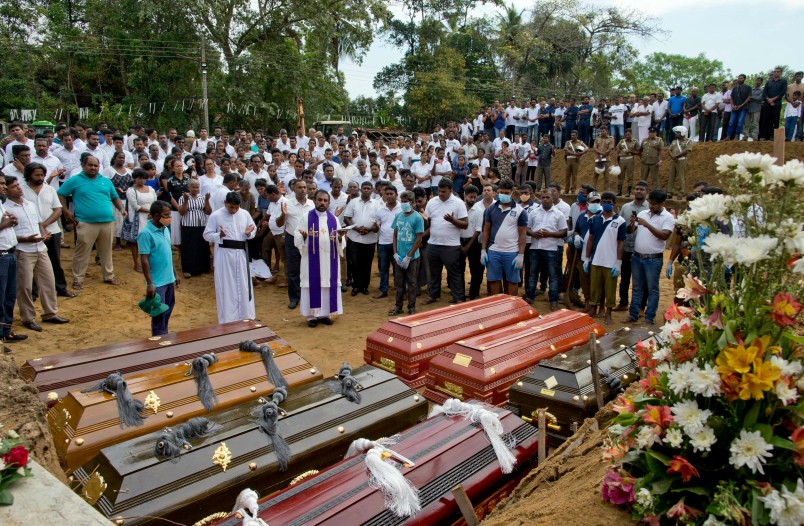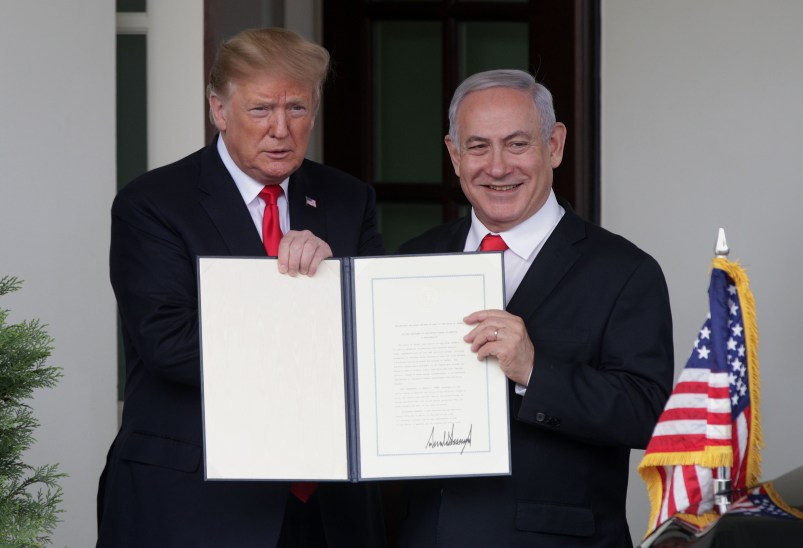BUENOS AIRES, Argentina (AP) — A federal judge on Thursday dismissed allegations that Argentine President Cristina Fernandez tried to cover-up the involvement of Iranian officials in the 1994 bombing of a Jewish center, easing a crisis for her government fed by the death of the prosecutor who brought the case.
Judge Daniel Rafecas said the documents originally filed by the late prosecutor Alberto Nisman failed to meet “the minimal conditions needed to launch a formal court investigation.”
“There is not a single element of evidence, even circumstantial, that points to the actual head of state,” the judge said.
Nisman had filed the complaint just days before he died on Jan. 18 under mysterious circumstances. Polls show many Argentines suspect officials had some hand in the death, though Fernandez and aides have suggested the death was actually aimed at destabilizing her government.
While the decision can be appealed, the judge’s scathing wording appears to substantiate government insistence that Nisman’s case was baseless, though his death still casts a shadow across the administration.
Tens of thousands of Argentines marched through the capital last week demanding answers a month after he was found in his bathroom with a bullet in his right temple.
Nisman had asked judges to authorize a formal criminal investigation of the president, Foreign Minister Hector Timerman and other figures on allegations that agreed to grant impunity for eight Iranians accused in the attack on the Argentine Israelite Mutual Association in which 85 people died. In return, he said, Iran would increase trade with Argentina.
The prosecutor who took over the case after Nisman’s death, Gerardo Pollicita, renewed his request.
Rafecas also rejected Nisman’s theory that the deal was linked to an agreement for the two countries to jointly investigate the bombing. He noted that the agreement, scuttled by Congress, never took effect.
Investigators say they are trying to determine if Nisman was killed or committed suicide.
The president initially suggested the 51-year-old prosecutor had killed himself, then did an about-face a few days later, saying she suspected he had been slain.
She suggested that he might have been manipulated by disgruntled rouge intelligence agents, and pushed through a law to reform the spy service immediately after Nisman’s death. Congress gave final approval to the measure earlier Thursday.
Authorities say they are investigating the possibility of suicide or homicide.
“I think the accusations themselves have weakened her government, and Argentines are still open to conspiracy theories. Even with the dismissal of the charges against her, there are still questions about who killed Nisman, said Shannon O’Neal, a senior fellow at the Council on Foreign Relations a U.S.-based foreign-policy think tank.
Fernandez also shuffled her Cabinet on Thursday, replacing three ministers with close aides.
Anibal Fernandez, who had been the presidency’s general secretary, will replace Jorge Capitanich as Cabinet chief. Fernandez’s post will now be taken by Eduardo De Pedro, a lawmaker and leader of La Campora, a political group that is ultra-loyal to the president and that is led by her son, Maximo Kirchner.
The center-left government also named Daniel Gollan as new health minister. He replaces Juan Manzur, who is expected to run for governor in his home state of Tucuman during the October elections.
“It’s quite possible that the cabinet reshuffle is connected to Nisman scandal but it’s also her last administration,” O’Neal said. “Argentina is heading into a series of gubernatorial elections and presidential elections in the fall so this is also a time of lots of political maneuvering.”
___
Associated Press writer Luis Andres Henao contributed to this report from Santiago, Chile.
Copyright 2015 The Associated Press. All rights reserved. This material may not be published, broadcast, rewritten or redistributed





